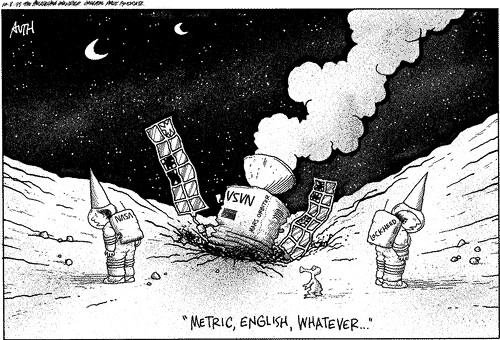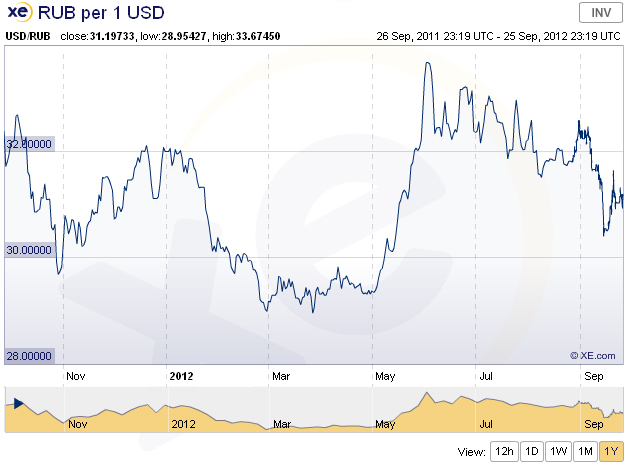Well, actually I’ve voted against a discriminatory definition of marriage for Minnesota, while I happen to be sitting in Russia… And this utilization of my U.S. constitutional right to vote, possible due to the overseas absentee voter process, is pretty awesome.
Back this summer, I used the Overseas Vote Foundation website to register myself to vote from abroad. I printed a few forms, filled them out, signed them, scanned them and emailed them in. A day or two later I received a confirmation of my registration. Then, about a week ago (6 weeks before Election Day, November 6), I received my ballot and instructions for submission.
The next day at work, I giddily printed the materials, which included the ballot, a template for the ballot envelop, the certificate of eligibility, a template for a U.S. postage paid mailing envelope, and the general instructions. A couple of my Russian colleagues were curious to see the ballot, so I showed it to them (before I had made any markings, of course, as the instructions clearly state all markings must be made in secret). They were interested that we vote on so many different things at once, and some of the things we vote on in general, like judges or school boards, or soil and water conservation district supervisor, especially when many of these candidates run unopposed. I told them it’s weird for us too, since we have no idea what many of the positions are actually about, or who the candidates are. But that’s democracy; we have a right and responsibility to elect these people.
After I filled out my ballot and enclosed it in its secret envelope, I filled out my certificate of eligibility. Minnesota does not currently have a voter ID law (that’s another constitutional amendment on my ballot this year), and these were my instructions: “Print your passport number, Minnesota driver’s license number, Minnesota ID card number, or the last four digits of your Social Security Number. If you do not have access to any of these documents, leave this space blank.” Of course, to even be living abroad, I must have a U.S. passport number, and on my registration paperwork (from this summer) I was asked for either my Minnesota driver’s license number or my passport number. So, there are some identification/anti-fraud measures in place, but the emphasis is definitely on making the voting process as accessible to me (as a registered, eligible voter), as possible.
With everything completed, I put together my pre-addressed, U.S. postage paid envelope and tucked everything inside. Not completely trusting the Russian postal services with this special delivery, I asked a contact at the U.S. Consulate here if I could send the ballot via diplomatic pouch (an option listed in my instructions) and she said that wouldn’t be a problem. So, 40 days before the 2012 election I handed my voting materials to a U.S. diplomat at a reception celebrating the 20 year anniversary of the U.S. Consulate operating in Vladivostok.
So, “I VOTED,” even though I won’t get a nifty sticker to prove it this year. And if I can vote in my local elections from over 7,000 miles away, I greatly hope all eligible voters I know in the U.S. do their civic duty and make it to the polls on November 6, or get their absentee ballots in on time.









